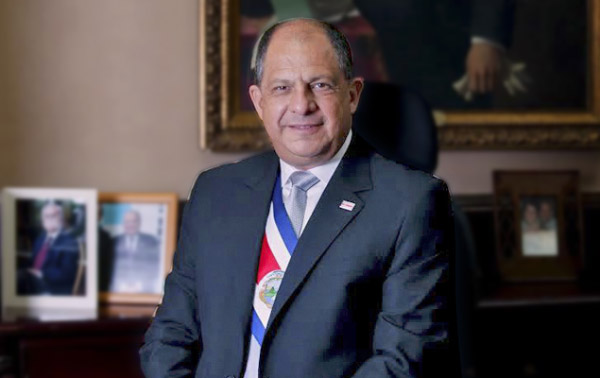Costa Rica has long emphasized the development of democracy and respect for human rights. Until recently, the country’s political system has steadily developed and maintained democratic institutions and an orderly, constitutional scheme for government succession. Several factors have contributed to this tendency, including enlightened leadership, comparative prosperity, flexible class lines, educational opportunities that have created a stable middle class, and high social indicators. Also, because Costa Rica has no armed forces, it has avoided the possibility of political intrusiveness by the military that other countries in the region have experienced.
In May 2006, President Oscar Arias of the National Liberation Party (PLN) assumed office, defeating principal rival Ottón Solis of the Civil Action Party by roughly 2% of the vote. Arias has listed passage of the Dominican Republic-Central American Free Trade Agreement (DR-CAFTA), along with fiscal reform, infrastructure improvements, furthering education, and improving security as primary goals for his presidency. The 57-member unicameral Legislative Assembly has five principal party factions, with the governing party, PLN, having a 25-seat plurality.
Costa Rica maintains an embassy in the United States at 2114 S Street NW, Washington, DC 20008.
Phones. 202-234-2945 / 202-234-2945 and 202-234-2946 / 202-234-2946).

